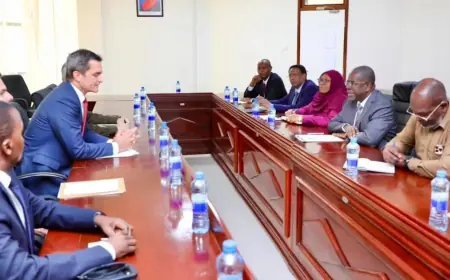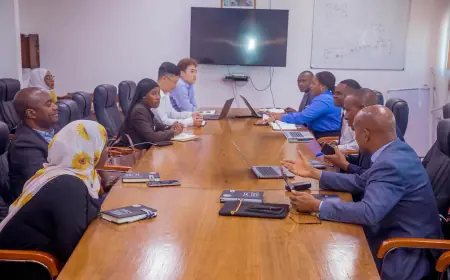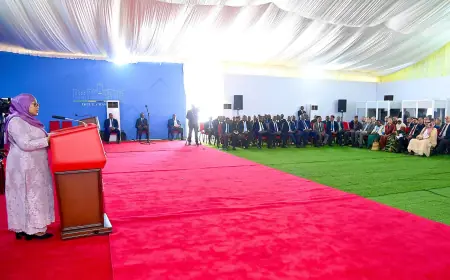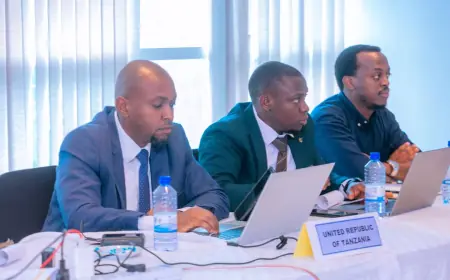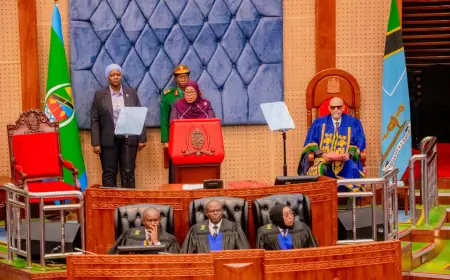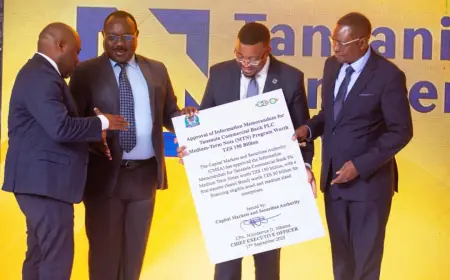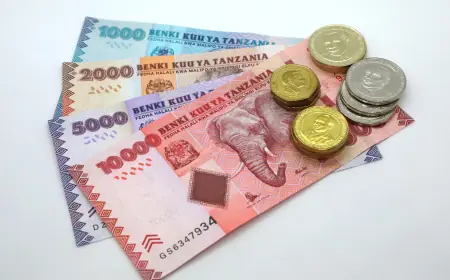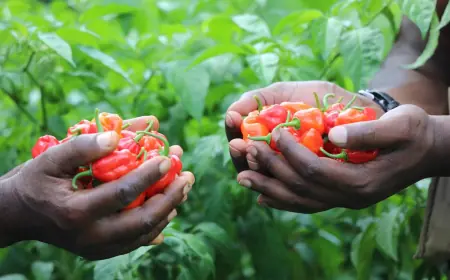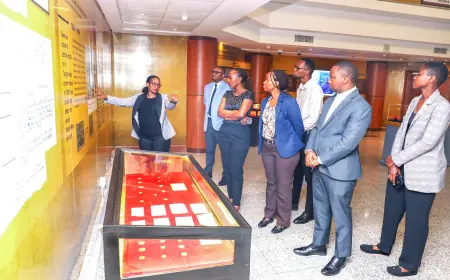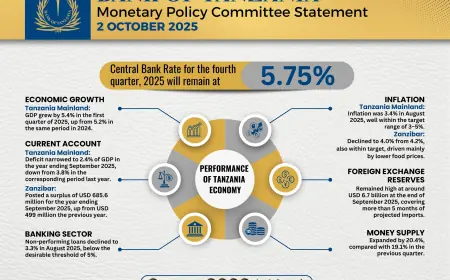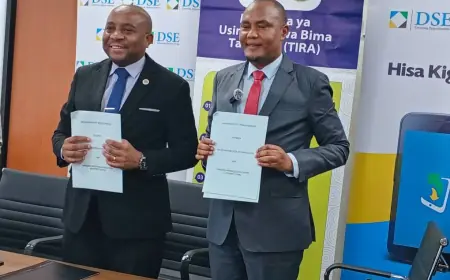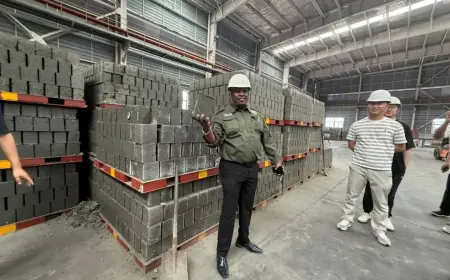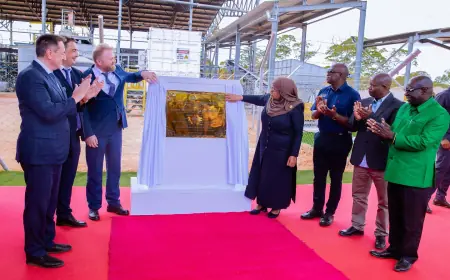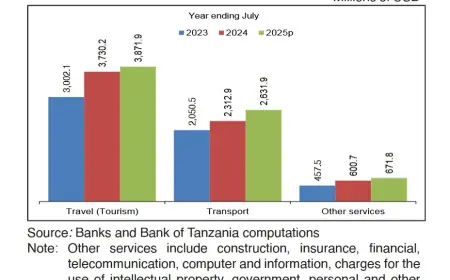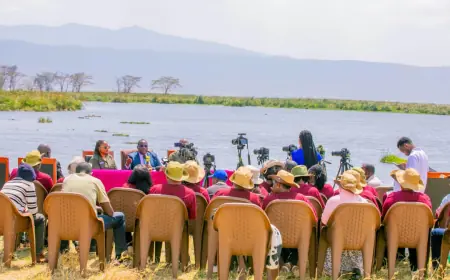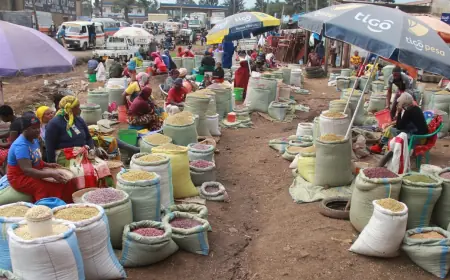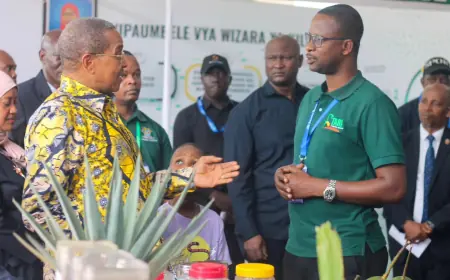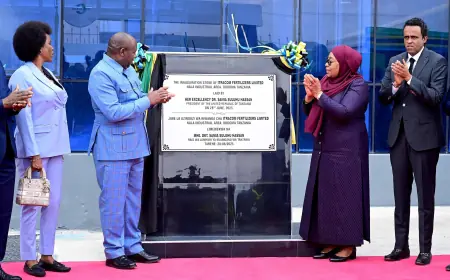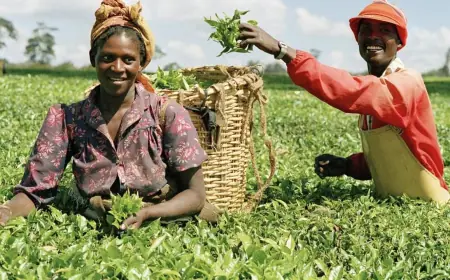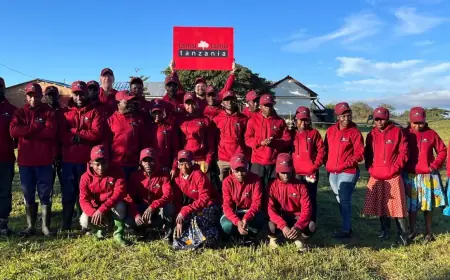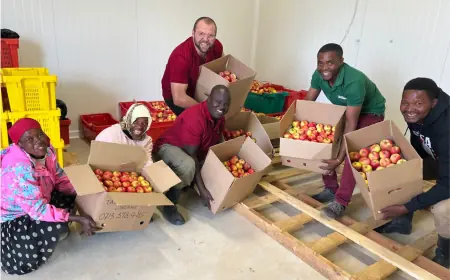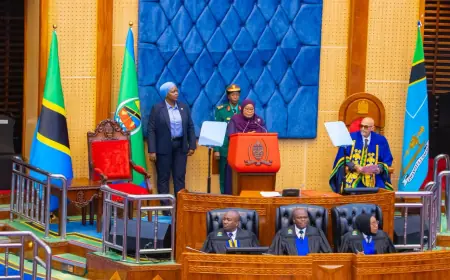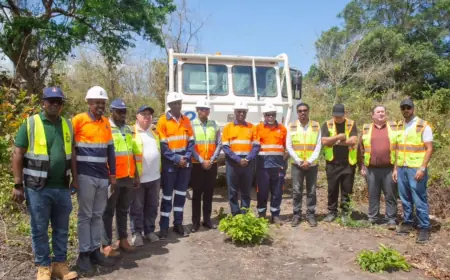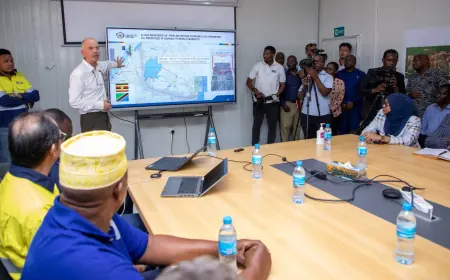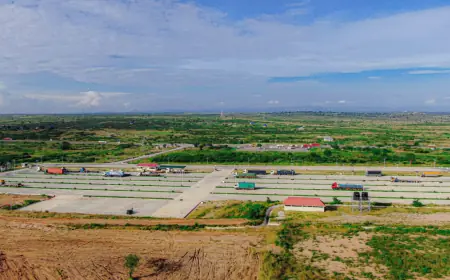Kikwete urges intensified pineapple research to boost agricultural productivity
The former head of state Jakaya Kikwete observed that pineapples are among the high-value crops in several countries and, if prioritised, could contribute meaningfully to household incomes and rural transformation
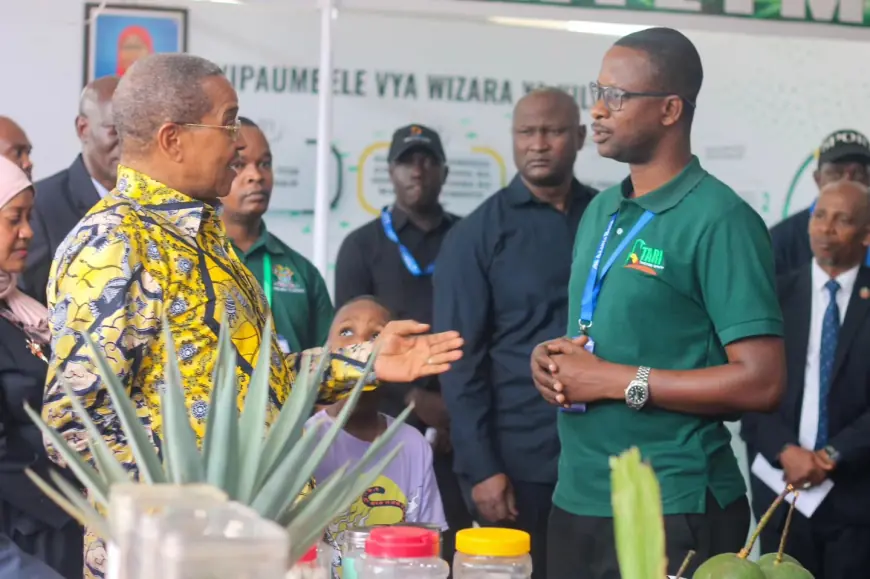
Dar es Salaam. Former President Jakaya Mrisho Kikwete has called on the Tanzania Agricultural Research Institute (TARI) to enhance its research efforts into pineapple cultivation, citing the crop’s potential to significantly uplift farmers’ incomes and support national agricultural growth.
Dr Kikwete made the call on Sunday July after visiting the TARI pavilion during the 49th Dar es Salaam International Trade Fair (DITF), commonly referred to as Sabasaba.
Accompanied by Minister for Industry and Trade, Dr Selemani Jafo, the former Head of State was briefed by Dr Filson Kagimbo, a researcher at TARI, on the institute’s ongoing work to promote agricultural innovation and research.
He observed that pineapples are among the high-value crops in several countries and, if prioritised, could contribute meaningfully to household incomes and rural transformation.
“Pineapple has shown great promise globally. If we invest more in its research locally, we will empower farmers and strengthen our agroeconomy,” he remarked.
Dr Kagimbo, who also serves as director of the TARI Kihinga Centre, confirmed that the institute would heed the former president’s advice, particularly by intensifying pineapple research through its Tengeru and Kibaha centres.
He noted that these efforts would focus on addressing production challenges and expanding research coverage in coastal zones where the crop thrives.
During his visit, Dr Kikwete also received a demonstration of the Rafiki Planter, a locally developed seed planting tool designed for sunflower and cotton cultivation.
He expressed satisfaction with the innovation, describing it as a commendable effort to improve efficiency in seed planting for smallholder farmers.
In a related development, TARI Director General Dr Thomas Bwana has called for greater alignment of agricultural research with the actual needs of farmers and key stakeholders in the sector.
Speaking on 14 July 2025 during the opening of the East Africa Food, Energy and Water (FEW) Symposium in Mbeya, Dr Bwana stressed the importance of research that delivers practical solutions to real-world agricultural challenges.
The three-day symposium, organised by Mbeya University of Science and Technology (MUST) in partnership with TARI, brings together regional and international experts to explore sustainable innovations across the food, energy and water sectors.
Dr Bwana underscored the need to strengthen the agricultural research chain by developing and scaling innovative technologies that reach intended beneficiaries.
“Research in agriculture must drive food and nutritional security, raise household incomes, and contribute to the country’s economic development,” he said.
TARI is showcasing a variety of technologies at the Mbeya symposium, including improved seed varieties, mechanisation tools, and value-added products, with the aim of fostering knowledge exchange and partnership development among participants.
Established under the Agricultural Research Institute Act, TARI is mandated to coordinate, manage and promote research across Tanzania’s diverse agroecological zones.
The institute plays a central role in implementing the national agricultural research agenda, especially in improving productivity, climate resilience, and value chain competitiveness.
What's Your Reaction?
 Like
0
Like
0
 Dislike
0
Dislike
0
 Love
0
Love
0
 Funny
0
Funny
0
 Angry
0
Angry
0
 Sad
0
Sad
0
 Wow
0
Wow
0

